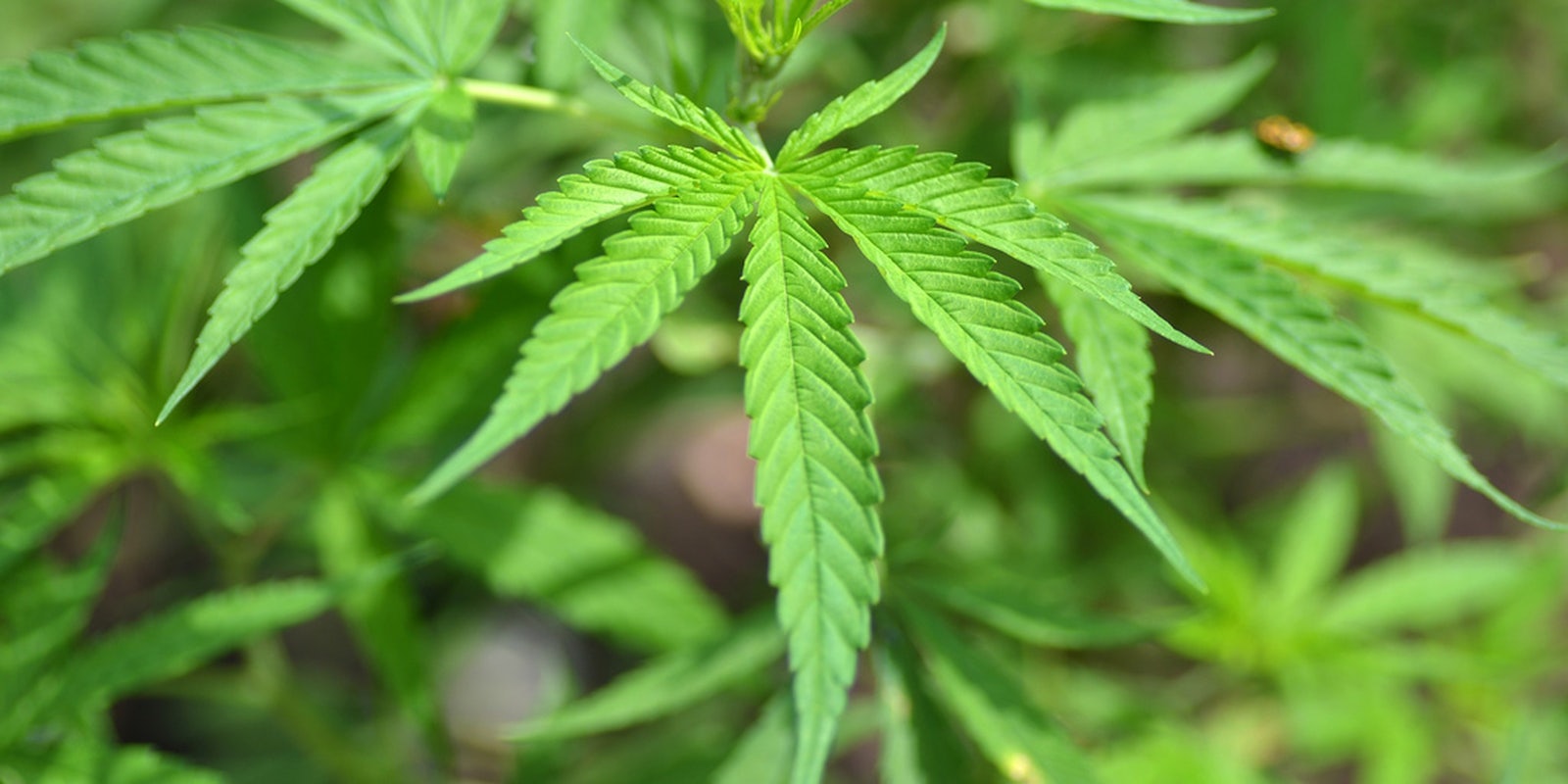With many North American banks refusing to take part in legal marijuana sales in Washington and Colorado, Bitcoin would appear to offer an obvious solution. But fears over the lingering federal ban on marijuana trade have put some Bitcoin payment processors on the sidelines as well.
Bitcoin Examiner reports that Coinbase, a prominent Bitcoin payment processor based in San Francisco, has refused a partnership with Kouchlock Productions, a marijuana dispensary in Spokane, Wash., which recently opened following that state’s decision to allow recreational marijuana use.
Like many legal marijuana proprietors, Kouchlock Productions owner Sean Green has experienced a degree of difficulty by not being able to process most credit or debit card payments. Though sales are permitted in the state of Washington, a federal ban prohibits national or international banks from conducting financial transactions related to marijuana trade—even in states where it’s been deemed legal.
The New York Times recently described the stress most legal marijuana distributors are under as they’ve been forced to embrace a cash-only model. Many pot dispensary owners are forced to use elaborate, mafia-style security procedures involving multiple cars, varying routes, and staggered deposit times in order to safely get cash from their stores to a bank. And many times, the money has to be housed in personal bank accounts or accounts belonging to shell companies to avoid arousing suspicion on the part of the banks.
“Banking is the most urgent issue facing the legal cannabis industry today,” National Cannabis Industry Association Executive Director Aaron Smith told the Times. “So much money floating around outside the banking system is not safe, and it is not in anyone’s interest. Federal law needs to be harmonized with state laws.”
Green thought he may have found an answer to this problem in the form of Bitcoin, the experimental, digital cryptocurrency whose rise parallels that of legal, recreational pot. Bitcoin has already been used to circumvent federal bans on other legally questionable activities. The digital currency has been credited with helping revive online gambling in the United States since it allowed gaming to take place without the use of legal tender.
Green though Bitcoin would be similarly applicable in his situation. The plan was to be paid for the marijuana in Bitcoin, then use a payment processor like Coinbase to instantly convert the Bitcoin to cash and deposit it securely into a bank. If U.S. currency wasn’t actually used to purchase the marijuana, Green didn’t see the problem.
But Coinbase had a different take on the legality of partnering with a pot dispensary. Coinbase performed a handful of transactions before discovering the nature of Green’s business and pulling the plug.
”We can’t service them as a customer because it’s still technically illegal federally“, a Coinbase spokesperson said.
According to Forbes, Bitcoin banks are just as “wary of running afoul of federal law as regular fiat banks, and maybe more so given the precarious regulatory environment for the cryptocoin.”
Green can still accept Bitcoin has payment, but it will require more work to convert the currency into U.S. dollars, and he’s expressed skepticism about holding Bitcoin.
“I don’t see it as a place to house our money because of the volatility,” Green said. “If it were a secure place to keep our money and the value was consistent, I would hold onto Bitcoin, but that’s not the case.”


